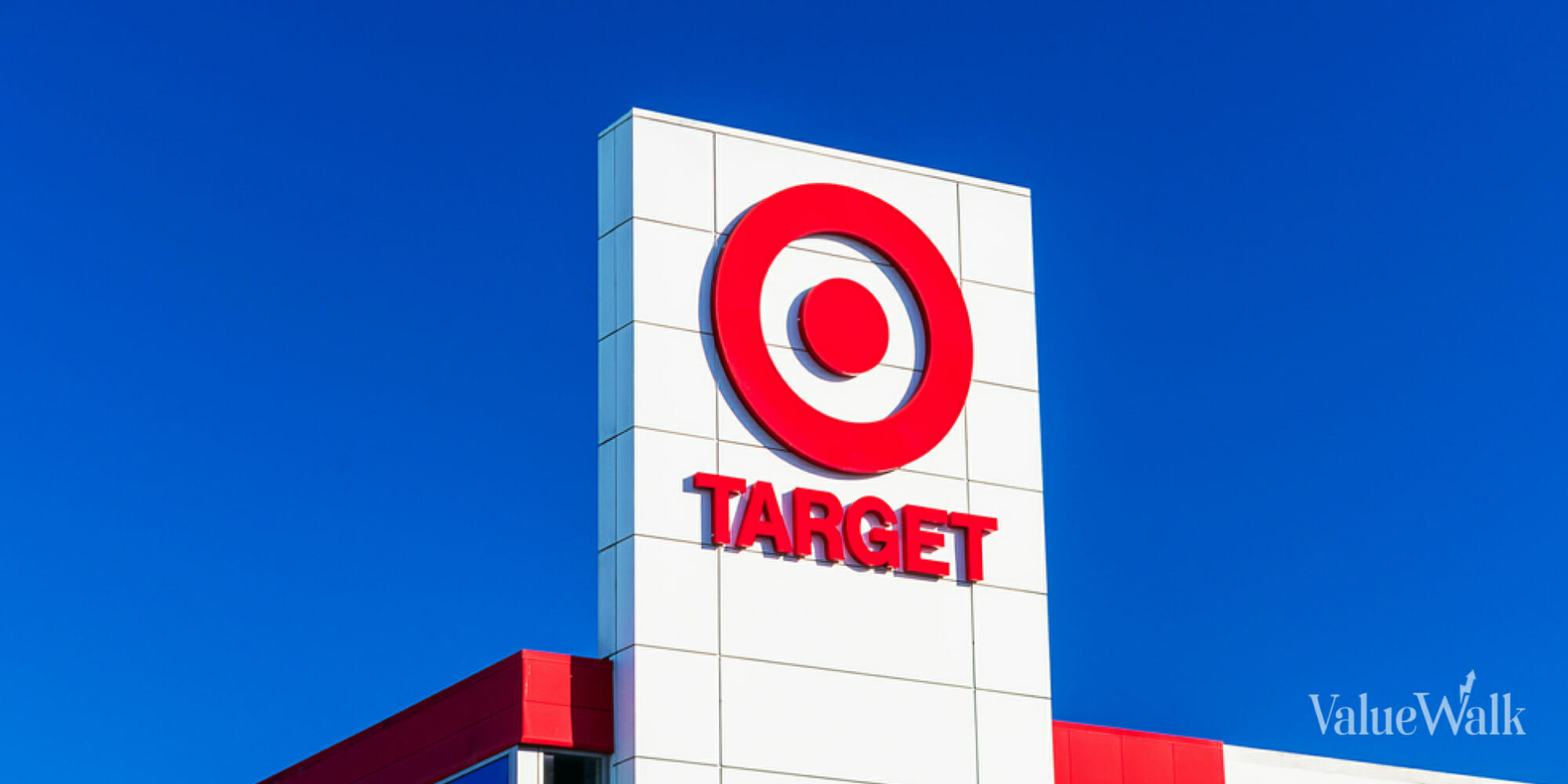E-commerce has taken its toll on brick-and-mortar stalwarts like Macy’s (NYSE:M), which has mostly been on a downward spiral over the past 10 years, albeit with a couple of good bounce-back years sprinkled between.
However, Macy’s stock has been surging this week, jumping about 16% to around $20 per share with one major catalyst driving it higher: a buyout offer from a private-equity investor. Let’s dive into the latest chapter of this ongoing saga.
A fight to take Macy’s private
In late 2023, Macy’s received an offer from private-equity investors Arkhouse Management and Brigade Capital Management to buy it out and take it private. However, the retail chain’s board rejected the cash offer of $21 per share for its outstanding shares, or $5.8 billion. Macy’s board said the offer lacked “compelling value” and questioned the prospective buyers’ ability to finance the deal. The stock price went up slightly after Macy’s initial rejection on Jan. 21.
Then on Feb. 20, Arkhouse, which has a 4.4% “economic exposure” in Macy’s, launched a proxy fight, nominating nine individuals to Macy’s board.
“The board’s history of poor performance and continued refusal to engage constructively with our credible and motivated buyer group have led us to the decision to nominate a slate of highly qualified, independent directors to reconstitute Macy’s board,” explained Arkhouse Managing Partners Gavriel Kahane and Jonathon Blackwell.
Macy’s fired back, saying, “Arkhouse and Brigade have yet to provide any financing details that would enhance the actionability of their proposal despite multiple opportunities to do so, and instead of attempting a constructive dialogue, Arkhouse has chosen to launch a proxy contest.”
On Feb. 27, Macy’s released its fourth-quarter earnings results and a turnaround plan it called “A Bold New Chapter.” The plan is “designed to challenge the status quo to fundamentally reposition the company” and includes 150 store closures over the next three years, with investment reallocated to the 350 remaining stores and some 2,000 layoffs.
However, Macy’s turnaround plan and its fourth-quarter earnings beat failed to move the needle; in fact, the share price dropped about 12% following the Feb. 27 release.
Arkhouse and Brigade increase their offer
On March 3, the saga took a new twist as Arkhouse and Brigade upped their offer to buy Macy’s to $24 per share, or $6.6 billion. The pair also identified Fortress Investment Group and One Investment Management as equity capital partners to alleviate financing concerns.
“We remain frustrated by the delay tactics adopted by Macy’s board of directors and its continued refusal to engage with our credible buyer group. Nonetheless, we are steadfast in our commitment to execute this transaction,” Kahane and Blackwell said in a statement. “While the restructuring plan Macy’s unveiled last week failed to inspire investors, the fourth-quarter earnings and year-end results have given us further confidence in the long-term prospects of the company if redirected as a private company.”
They added that they are open to increasing the purchase price further if necessary.
Macy’s responded with a slightly different tone to this latest offer, saying it will evaluate the proposal and is “open-minded about the best path” to create shareholder value.
Unlike the last one, this latest offer was received positively by shareholders, with the stock price up some 16% Monday and trending roughly flat on Tuesday morning.
What does this mean for Macy’s investors? Those that have been patiently waiting for a turnaround or some kind of action will likely see some soon, either through the buyout or the turnaround plan. The stock is pretty cheap with a forward price-to-earnings (P/E) ratio of 6, but there is too much earnings uncertainty to say it’s a good value right now. However, it would be a good idea to watch for more movement in this ongoing story.
Disclaimer: All investments involve risk. In no way should this article be taken as investment advice or constitute responsibility for investment gains or losses. The information in this report should not be relied upon for investment decisions. All investors must conduct their own due diligence and consult their own investment advisors in making trading decisions.





